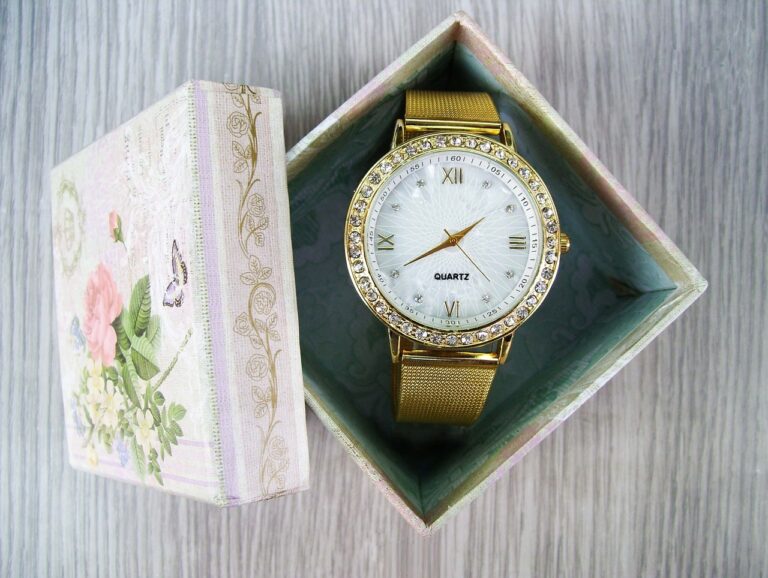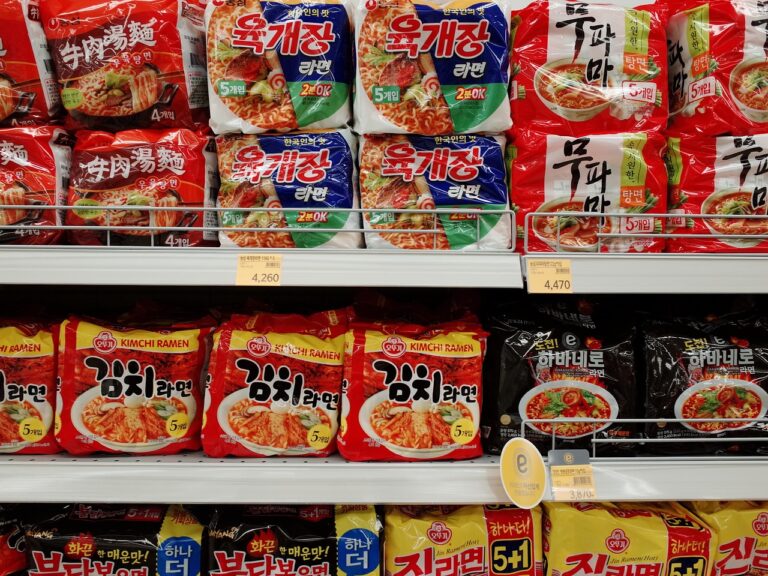The Psychology of Impulse Buying: Understanding Triggers and Control Strategies
Impulse buying is often influenced by emotional factors, such as the need for instant gratification or mood elevation. Consumers may succumb to the temptation of making unplanned purchases in order to fulfill a desire for immediate satisfaction. This impulsive behavior can arise from a sense of impulsivity or a lack of self-control in certain situations.
Moreover, social norms and peer pressure play a significant role in impulse buying behavior. People may feel compelled to make impulsive purchases in order to fit in with societal expectations or to keep up with the purchasing habits of their friends and peers. The fear of missing out or the desire to be seen as trendy and up-to-date can drive individuals to make impulse purchases without carefully considering the long-term consequences.
Common Triggers for Impulse Purchases
Upon entering a store, the vibrant displays and enticing promotions can often trigger impulse purchases. The element of surprise and exclusivity can make consumers feel a sense of urgency to buy a product immediately without thoroughly considering the necessity of the purchase. Additionally, the fear of missing out on a limited-time offer or a trendy item can fuel impulsive buying behavior among shoppers.
Moreover, emotional triggers, such as stress, excitement, or boredom, can significantly influence impulse purchases. In moments of emotional vulnerability, individuals may seek temporary relief or gratification through retail therapy, succumbing to impulsive buying tendencies to elevate their mood or distract themselves from negative feelings. The interplay between emotions and impulsive decision-making underscores the psychological complexity behind the triggers for impulse purchases.
What are some common psychological factors behind impulse buying?
Some common psychological factors behind impulse buying include emotions, social influence, limited availability, and the desire for instant gratification.
How do emotions play a role in impulse purchases?
Emotions such as excitement, stress, or boredom can trigger impulse purchases as individuals seek to regulate their mood or seek pleasure through shopping.
What is social influence and how does it contribute to impulse buying?
Social influence refers to the impact that others have on our behavior. Seeing others make purchases or receiving recommendations can lead to impulse buying to fit in or follow trends.
Why does limited availability often lead to impulse purchases?
Limited availability creates a sense of urgency and fear of missing out, prompting individuals to make impulse purchases to secure an item before it’s gone.
How does the desire for instant gratification affect impulse buying?
The desire for instant gratification drives impulse buying as individuals seek immediate satisfaction and pleasure from acquiring a new item without considering long-term consequences.





